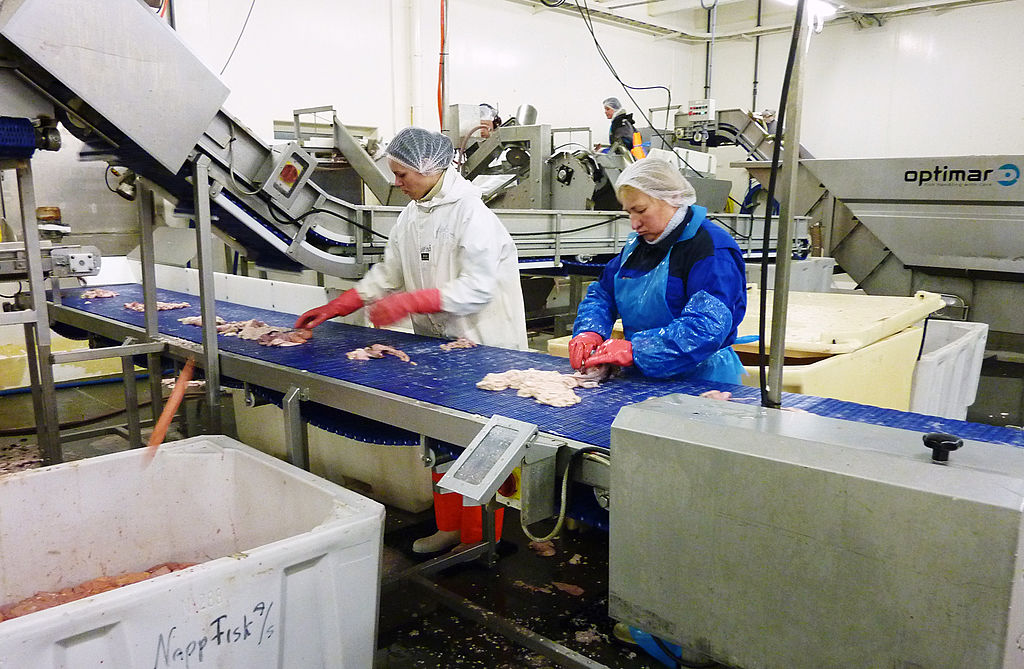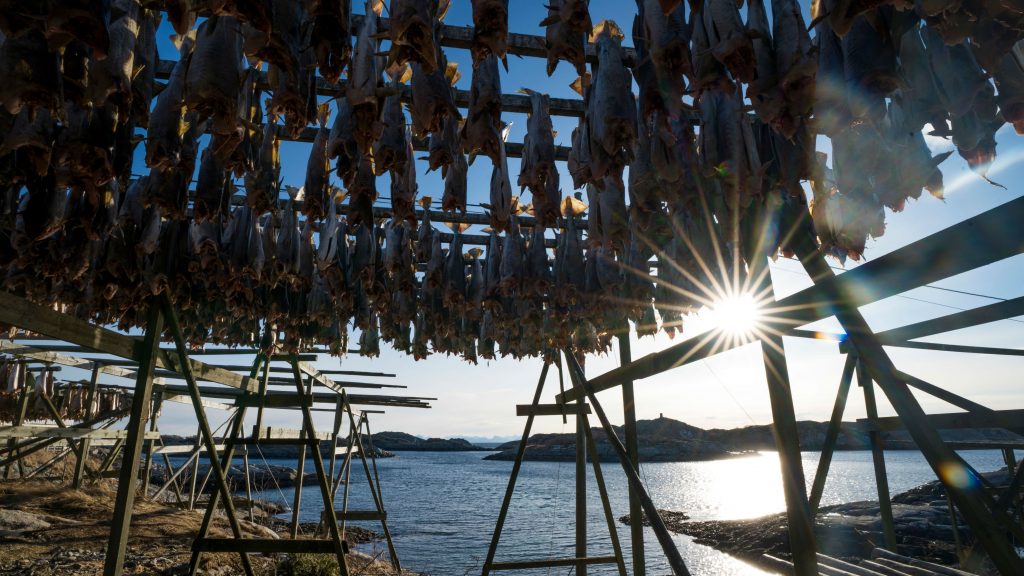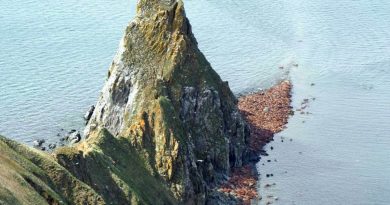Fish diversity increasing in northern waters as oceans warm: study

The diversity of fish species in northern seas has increased by more than 60 per cent in recent decades due to higher temperatures, says a recent study.
“Observed range shifts of numerous species support predictions of climate change models that species will shift their distribution northward into the Arctic and sub-Arctic seas due to ocean warming,” said the authors of the study published Jan. 19 in the journal PNAS.
“These changes in biodiversity correlated with an increase in sea bottom temperature.”
To do the study, researchers at Norway’s Nord University and the Institut de Ciències del Mar (ICM-CSIC) in Spain, analyzed 20,670 scientific trawls surveys done between 1994 to 2020 from the North Sea to the Arctic Ocean.
They found that in 1994, the Norwegian and the Barents Seas, there was an average of 8 fish species caught in each trawl.
But by 2020, the average number of fish in each trawl was more than 13, an increase of 66 per cent.
Twenty-three species in the study area were found to be becoming less common.
Enrichment of the Arctic and sub-Arctic marine fauna
The researchers also found that of the 193 species they looked at, 71 warm-water species were becoming more common in northern seas.
“The results of the study also show increases, albeit less significant, in the richness of adjacent areas,” lead author Cesc Gordó-Vilaseca, from Nord University, said in a news release on the ICM-CSIC website.

The research findings also suggest that certain Arctic species are declining, while others may be adapting to the temperature changes.
“Within the study area, Arctic species’ probability of occurrence generally declined over time,” the study said.
“However, the increase in species from southern latitudes, together with an increase in some Arctic species, ultimately led to an enrichment of the Arctic and sub-Arctic marine fauna due to increasing water temperature consistent with climate change.”
For example, warm-water species like common cod (Gadus morhua) are increasing northern waters and are also of commercial interest, leading to changes in fishing locations as well as the environment.
“The shift in frequency of species, sometimes favoured by high temperatures and sometimes not, could lead to a reconfiguration of ecological interactions and, therefore, could cause changes in the structure and functioning of the entire ecosystem,” Marta Coll, a researcher at the ICM-CSIC and co-author of the study said.
Implications for fisheries management
Going ahead, the authors say they’ll continue looking at how these changes will effect the marine environment studied as well as the effects of the changes on things like protected areas and fisheries management.

In an interview posted on the Nord University website before the research was published, Gordó-Vilaseca said the data was important to help guide fishing policy.
“This affects both fishermen and the fisheries because it tells us something about how and what we have to fish in the future,” he said.
“When we compare the temperature preferences of the fish from research with fishery catch data, we can see that the fisheries are not adapting to the changing fish species abundances.”
Write to Eilís Quinn at eilis.quinn(at)cbc.ca
Related stories from around the North:
Canada: Central Arctic Ocean fishing moratorium comes into effect, Eye on the Arctic
Finland: What a Saami-led salmon rewilding project in Arctic Finland can teach us about Indigenous science, Eye on the Arctic
Greenland: Glowing snailfish full of antifreeze proteins found off coast of Greenland, Eye on the Arctic
United States: Alaska’s Bering snow crab, king crab seasons cancelled, The Associated Press



